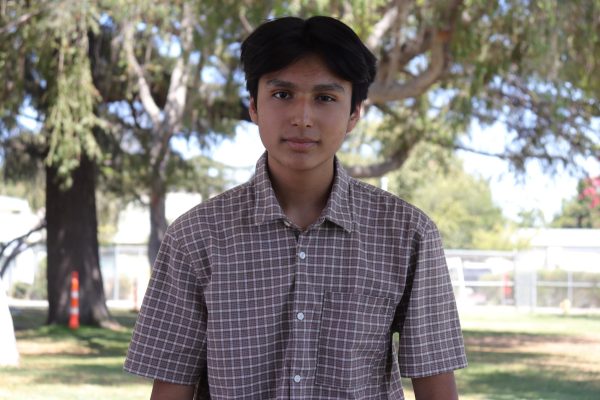To honor National Hispanic Heritage Month, we are commemorating the contributions of Latinos by acknowledging various influential activists.
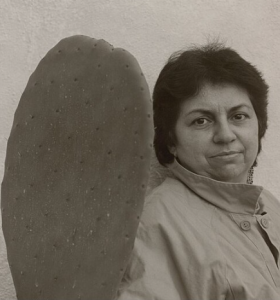
Gloria Anzaldúa (1924-2004)
Gloria Anzaldúa was born into a Mexican-American farm-working family in Hargill, Texas, right on the cusp of the Mexican border, and had witnessed her family’s ancestral land slowly diminishing in size from crooked deals by Americans. In 1987, she released her book “Borderlands: La Frontera” a semi-autobiographical book discussing how the border creates a false dilemma between Mexico and America when the people and culture there are a mixture of both. She has an incredible disdain for the idea of a border due to the land it divides is one that has been stolen by a variety of people, something that resonates with her due to her personal experience of stolen land. “This land was Mexican once, was Indian always and is. And will be again,” Anzaldúa wrote in “Borderlands: La Frontera.”
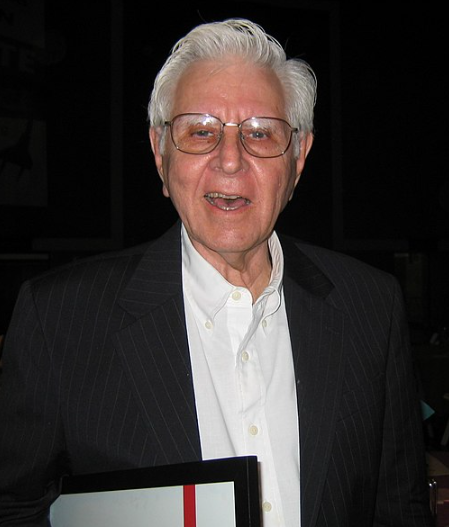
Rodolfo Acuña (1932)
Rodolfo Acuña started off his career in 1958 teaching social studies around the San Fernando Valley because he found education to be one of the most important contributions to society. In 1969, he joined CSUN to become one of the first professors in Mexican-American studies. He wished to uncover the historical complexities of the Mexican-American experience and what stories had been concealed over time. He released the book “Occupied America: A History of Chicanos” in 1972, which became a staple in the instruction of Mexican-American studies. His book was pioneering to the development of knowledge incorporated into Chicano Studies and it was much-needed assistance toward the goal of Chicano studies, which was to “liberate students through literacy,” Acuña said.
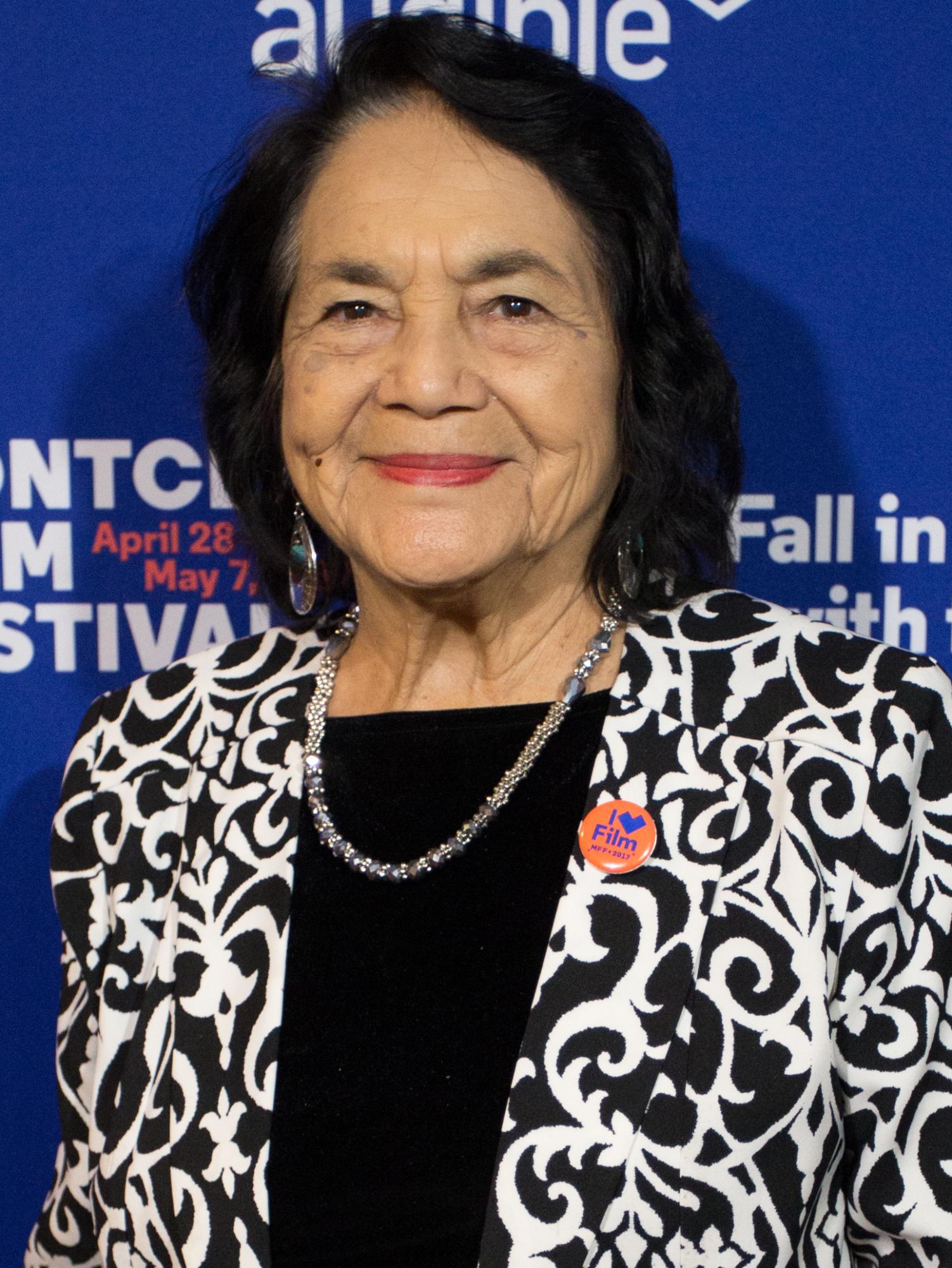
Dolores Huerta (1930)
When Dolores Huerta was young, she learned from her father’s first-hand experience of the struggle migrant workers face and the power that union organizing holds to ease it. After observing the poverty the families of migrant workers faced, she became a faithful advocate for the betterment of their lives. Huerta would collaborate with Cesar Chavez in 1962 to develop the National Farmworkers Association (NFWA.) In 1965, she then directed the Delano grape strike by partnering NFWA with the Agricultural Workers Organizing Committee, (AWOC) a predominantly Filipino organization to help the farmworkers in Delano, California, who were being exploited for their work. After five years of consistent effort, an agreement was made to improve the workers’ quality of life, and Huerta stood as a symbol of perseverance against all odds. “Si, se puede” Dolores Huerta announced.

Xiuhtecatl Martinez (2000)
In 2009, the Chicago City Council was debating on whether or not to prohibit pesticides. Teenager, Xiuhtecatl Martinez walked in with a group of concerned citizens he had organized, who collectively warned the council of the health risks the pesticides posed to his community. Environmental activist and hip-hop artist Martinez gained a unique perspective on environmental conservation from cultural lessons on his Aztec ancestry from his father that taught him the intrinsic connection between nature and humanity. In 2015, he delivered a speech advocating for the environment in front of a United Nations assembly on climate change in both Nahuatl, Spanish and English. “I stand before you today representing my entire generation as well as generations unborn, I stand before you representing the Indigenous peoples of this Earth,” Martinez spoke in his United Nations speech.
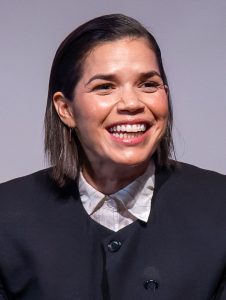
America Ferrera (1984)
As an up-and-coming actor, America Ferrera couldn’t find a role as Latina unless she looked or acted into a stereotype. That changed in 2006 when she attained her role in “Ugly Betty.” “Ugly Betty” is a testament to America Ferrera and how she pioneered a different pop-culture view on Latinas by playing one that subverted all those views. She starred in the 2023 film “Barbie” and gave an Oscar-nominated performance for an exemplary monologue on the tight-rope walking she experiences as a woman. In all of Ferrera’s roles, she was dedicated to voicing ideas that Hollywood needed to hear. In 2016, Ferrera co-founded “Harness,” a charity that wishes to “amplify the stories that define a more just future.”
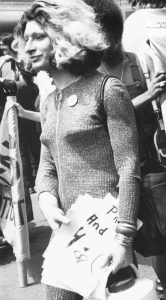
Slyvia Rivera (1951-2002)
When Sylvia Rivera was only 10 years old, she was kicked out of her home due to her grandmother’s disapproval of her effeminate mannerisms before she fully realized she was transgender. While homeless, Rivera worked as a prostitute to survive, until she was taken in by local drag queen-activist Martha P. Johnson. In 1970 she and Marsha P. Johnson then created an activist organization “Street Transvestite Action Revolutionaries.” The organization offered support to homeless LGBTQ+ youth in a similar situation as Rivera when she was young, and the organization hosted various protests and sit-ins advocating for LGBT youth. After Rivera’s death, a food pantry was named in her honor and in addition, an affiliated queer youth shelter was named “Sylvia’s Place.” “I am tired of seeing homeless transgender children, young, gay, young children,” Rivera said.
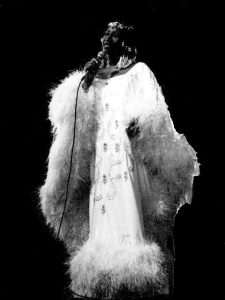
Celia Cruz (1925-2003)
Cuban singer Celia Cruz “Queen of Salsa” was on tour in Mexico when in 1959 the Cuban Revolution boiled over and Fidel Castro had overthrown Cuba’s previous government replacing it with a one-party communist state. Cruz was publicly critical of the regime and she was denied reentry to Cuba, leading her to the United States. She became a symbol for Cuban-Americans displaced by the Cuban Revolution and her song released in 1974 “Canto a la Habana” turned into an unofficial anthem for those people. Cruz then continued to use her platform to speak for the people of Cuba who were affected by Castro’s dictatorship. “How could I not say anything when I had the freedom to do so?” Cruz said.

Ydanis Rodriguez (1965)
Ydanis Rodríguez came to the U.S. from the Dominican Republic when he was 18 years old. He worked as a taxi driver and 38 years later he became the Commissioner of the New York City Department of Transportation. In his work, Rodriguez kept the lives of immigrants into consideration at all times. He sponsored a bill in 2016 that eliminated the requirement for taxi drivers to pass an English literacy test, which made jobs available to immigrants transitioning to the United States. In addition to that, Rodríguez protested against a 2010 legislative act deeming arrest and lawful stops under the basis that the officer suspects that the “suspect” is an illegal immigrant, which had been argued to essentially facilitate systemic racial profiling. “I believe it is important to include those individuals that we have left out of the (election) process,” Rodríguez said.

Giesele Fetterman (1982)
When 7-year-old Gisele Fetterman immigrated from Brazil, extreme poverty led her family to rely on food banks and Fetterman grew up to eventually start her own. She started this journey off by studying at the Institute for Integrative Nutrition and she set her sights on providing the same services to the people in similar situations to her that so desperately needed community aid as well. Fetterman then in 2012 opened the Braddock Free Store which provided household essentials to lower-income families, and in 2015 the 412 Food Rescue which aimed to fulfill the nutritional needs of lower-income families, an issue dear to her not only in education but also due to how large a role food pantries played in her life. Fetterman’s biggest goal as an advocate is to “not write anyone off,” Fetterman said.














